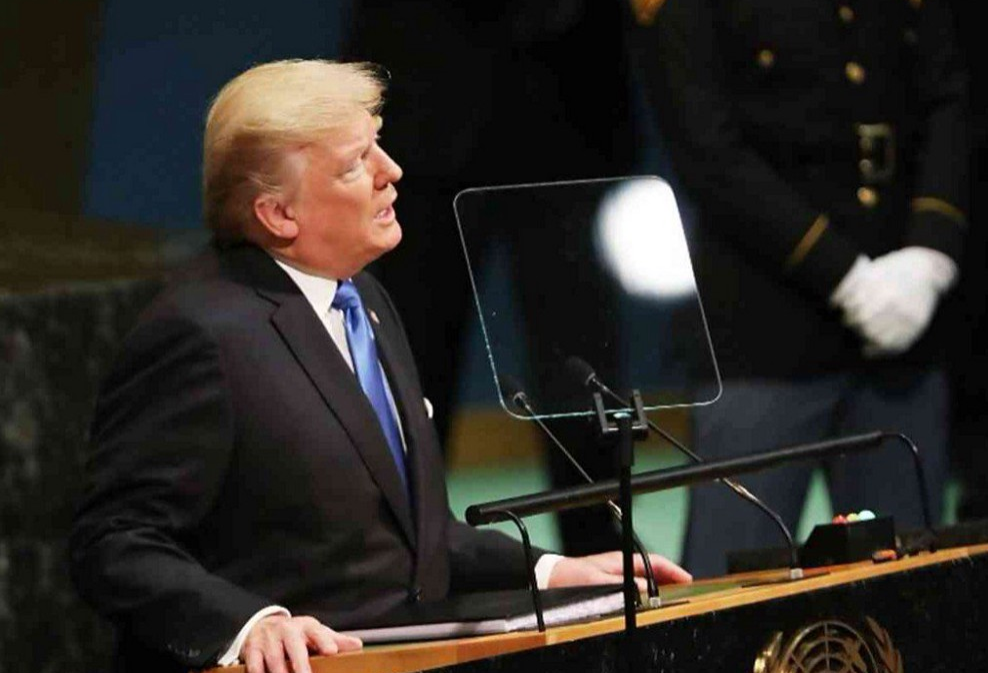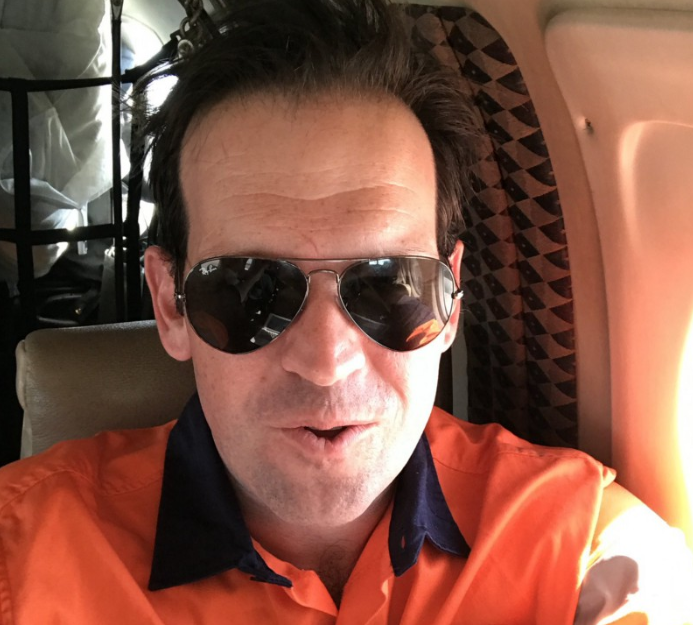In what could prove a pivotal week for North Korea, the U.S. Ambassador to the United Nations, Ms Nikki Haley, belled the cat early in the week that the Security Council had run out of options trying to contain North Korea’s nuclear program and that further efforts might have to come directly from the Pentagon, rather than through diplomatic channels.
Speaking on CNN, Ms Haley confirmed “we have pretty much exhausted all the things that we can do at the Security Council at this point” adding that she was perfectly happy to hand the problem over to Defense Secretary, Mr James Mattis.
Ms Haley’s comments came as the President of the United States of America, Mr Donald Trump, made his first official visit to the United Nations as President on Tuesday morning (AEST), chastising the world body saying “in recent years, the United Nations has not reached its full potential because of bureaucracy and mismanagement”.
Giving his maiden speech to the United Nations on the banks of the East River in New York on Wednesday (AEST), Mr Trump delivered a dark assessment of North Korea, specifically of its leader, Kim Jong-Un, whom he referred to as “Rocket Man”. The address confirmed Trump’s campaign rhetoric that America would not seek to be the world policeman under his rule, however America would remain engaged and would tackle, head on, threats posed by rogue administrations, such as the Kim regime, and continue to tackle terrorism.
Ratcheting up the pressure on North Korea, the President said “If (the U.S.) is forced to defend itself or its allies, we will have no choice but to totally destroy North Korea”.
Responding to Mr Trump’s maiden speech during an interview with Mr David Koch on Channel Seven’s Sunrise, the Prime Minister backed the President’s stance, saying “It’s very important that North Korea understands that if it attacks the United States or its allies, as the President said, the United States will respond”.
The Opposition Leader, the Hon Bill Shorten MP, at a press conference in Northern Queensland during the week, said “what we need to do is recognise first of all, that the North Korean regime’s actions with their nuclear missile testing are incredibly serious, incredible grave. It destabilises, not just the countries in the immediate region?—?China, South Korea and Japan?—?but it is destabilising for the region and indeed, for what happens throughout the globe”.



